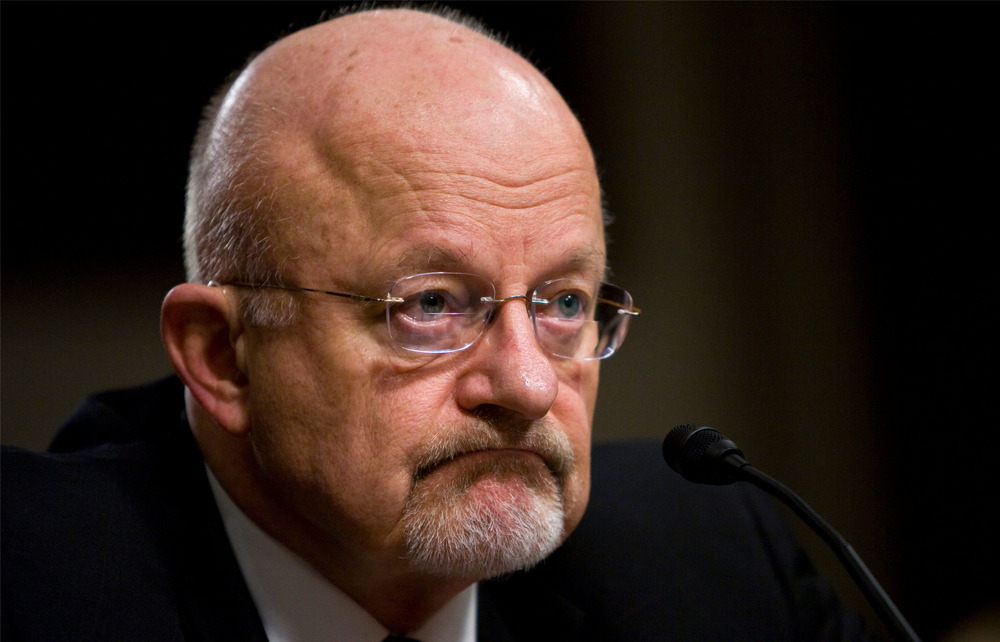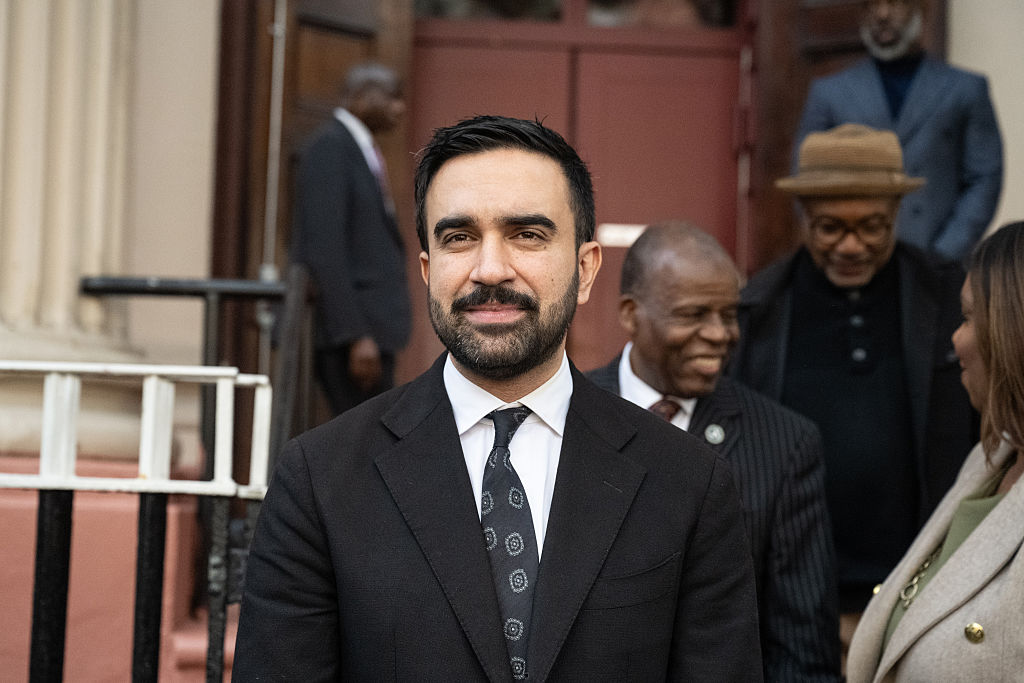Former director of national intelligence James Clapper made a hamfisted attempt this week to tidy up statements he made in 2020.
Allow Cockburn to guide you on a trip down memory lane: In October 2020, Clapper was one of more than fifty ex-intelligence officials who signed a “Public Statement on the Hunter Biden Emails” (see here). The statement said the emails published by the New York Post bore “all the classic earmarks of a Russian information operation” and that the signatories of the letter were “deeply suspicious that the Russian government played a significant role in this case.” Clapper appeared on CNN, too, where he said, “To me, this is just classic textbook Soviet Russian tradecraft at work.”
“To me, this is just classic textbook Soviet Russian tradecraft at work,” former Director of National Intelligence James Clapper says as authorities are investigating if recently published emails are tied to a Russian disinformation effort targeting Biden. https://t.co/shyMNnJ7Yr pic.twitter.com/GFSeIWXeY4
— CNN (@CNN) October 17, 2020
Reporting on the statement at the time, Politico’s Natasha Bertrand published a story with the headline: “Hunter Biden story is Russian disinfo, dozens of former intel officials say.” Joe Biden used this story as a basis to dismiss the Hunter Biden laptop story, saying of Trump, “There are fifty former national intelligence folks who said that what he is accusing me of is a Russian plan.”
The Washington Examiner notes that Politico’s headline “was a bit misleading because the letter never directly called the story Russian ‘disinformation.’” Yet it took Clapper more than two years to address it. Only this week did Clapper tell the Washington Post’s Fact Checker, “There was message distortion. All we were doing was raising a yellow flag that this could be Russian disinformation. Politico deliberately distorted what we said. It was clear in paragraph five.”
Politico is standing by its headline, saying in a statement to the Post, “The article fairly and accurately reported on — and summarized — the intelligence officials’ letter. More specifically, the headline is a fair summary of their allegations, the subhead offers additional context, and the first paragraph of the article hyperlinks to the letter itself, allowing readers to draw their own conclusion.”
Cockburn isn’t sure who’s throwing whom under the bus here, but he wouldn’t be surprised if the whole thing turned out to be “collusion,” to borrow a favorite phrase, between Politico and Clapper. Politico wrote a headline that benefited the Biden campaign at the time. Clapper said nothing about it being “distorted.” Now that the Hunter Biden emails have been verified, Clapper has egg on his face, so he’s blaming Politico for inaccurately portraying his words more than two years ago.
Why didn’t Clapper call out the Politico headline at the time it was published? Cockburn speculates it’s because the Russians aren’t the only ones who see the value in peddling disinformation.





















